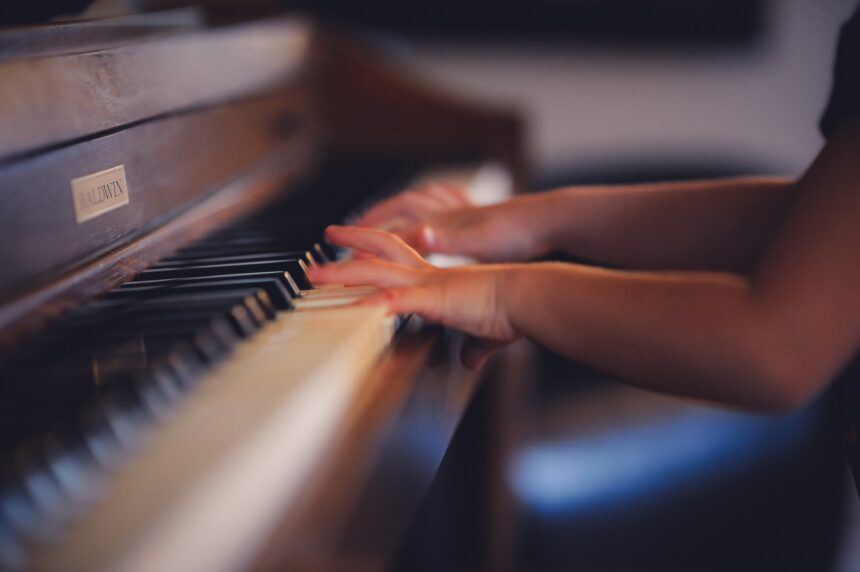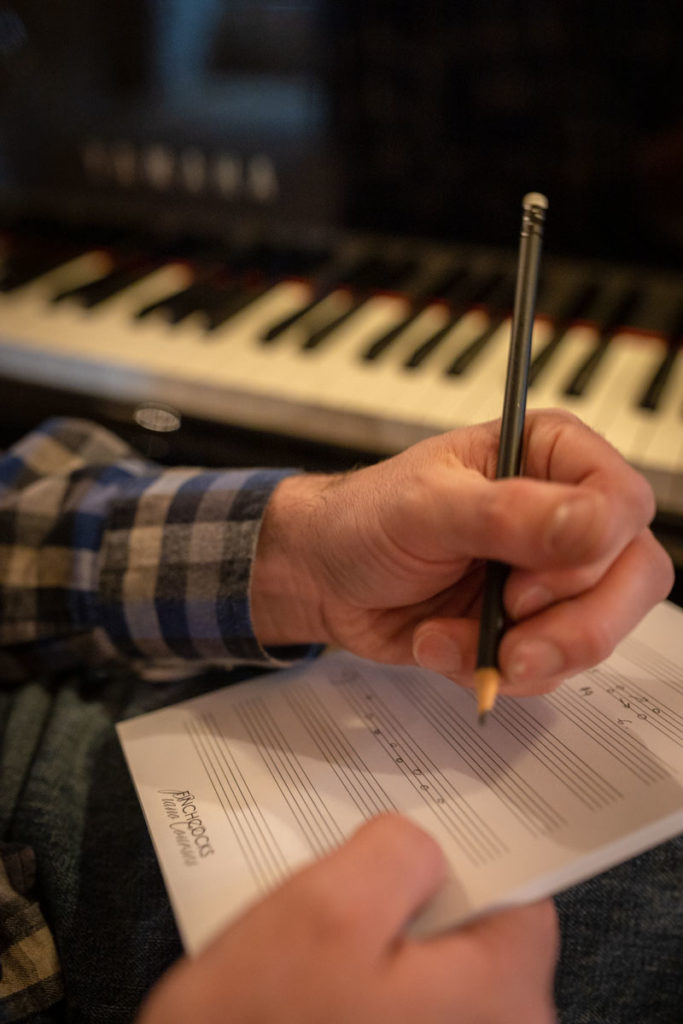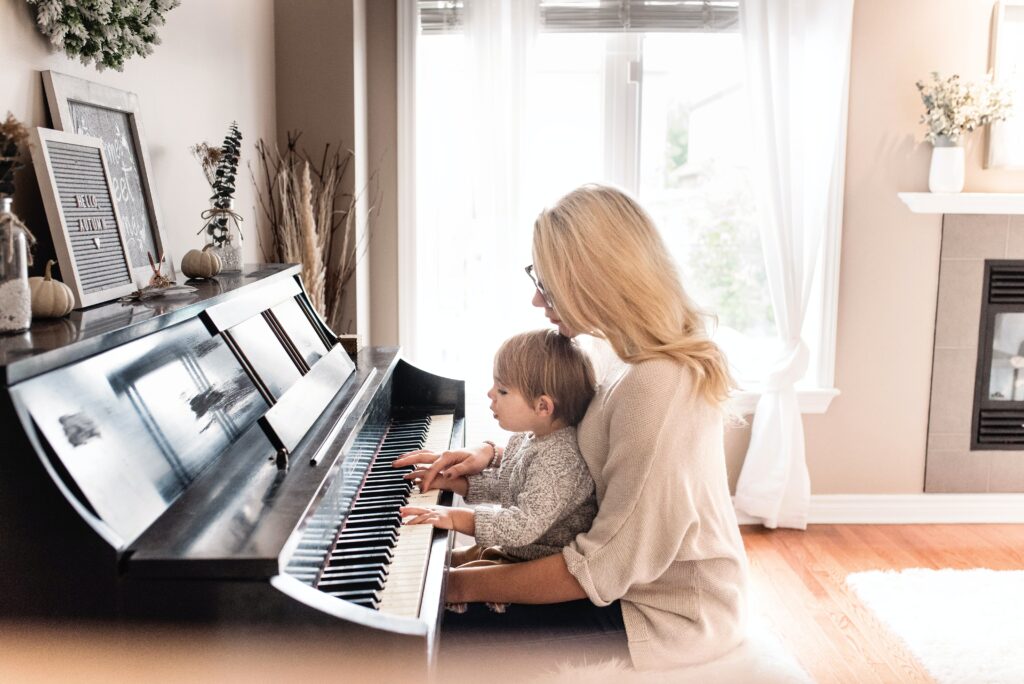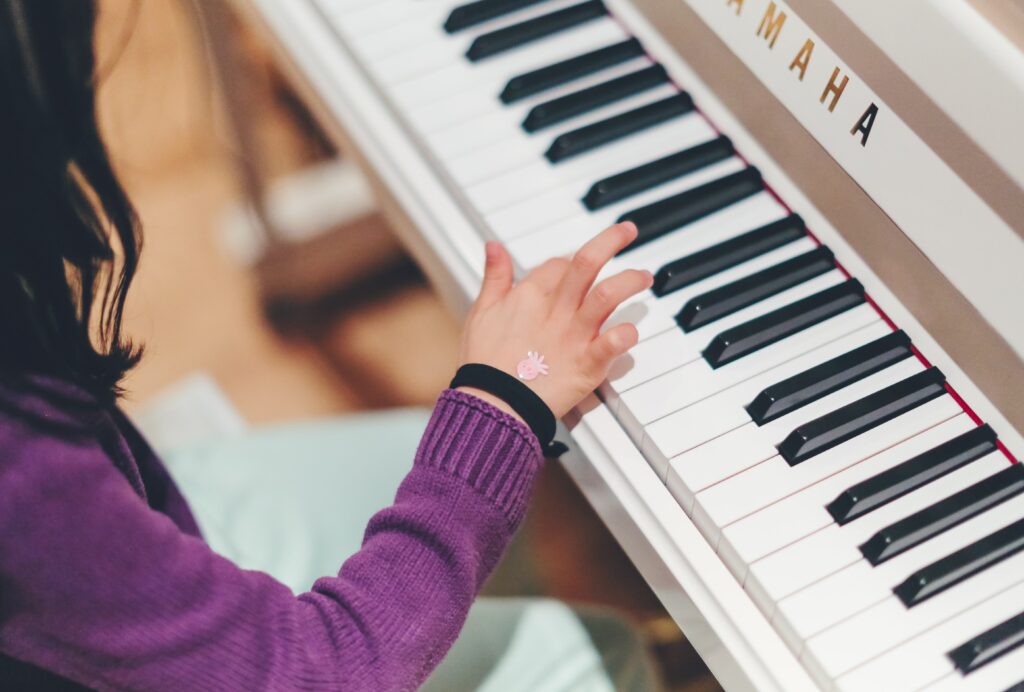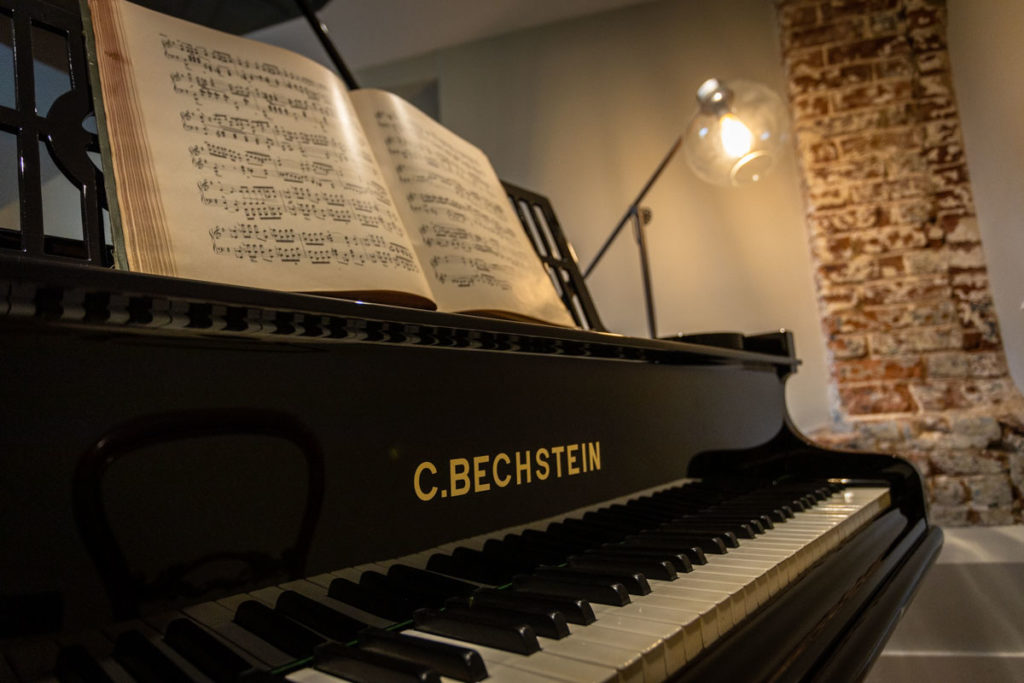As this year has seen us spending enforced time at home, parents have been met with the overwhleming task of home schooling and the increasing challenge of keeping their children occupied within four walls. Lockdown aside, how to support children in their music practice is a common question from parents and guardians. We thought it would be useful to put down a few ideas to help you… help them!
Memories of practice
Having chatted with the Finchcocks team, it was really interesting to compare childhood practice memories. Mine involved the pride of owning my own notebook, folder and sheet music; the joy of stickers from my teacher for completing practice tasks – but also the difficulty of fitting piano practice in around other activities, homework and instrumental practice. I also remember the (now very embarassing) outbursts of frustration I would occasionally release when I just couldn’t get a passage!
Getting your child motivated to practise
Lots of parents struggle to motivate their children to practise. Here are some ideas to get them onto that piano stool!
- Lead by example in your hobby – be dedicated to your passion be it musical or otherwise!
- Take them to an inspiring concert or watch professional pianists online together.
- Have a two-pronged approach to practice with their piano teacher. Enforce each other’s mutual expectations.
- Praise your child when they do practise.
- Carrot or stick – are they motivated by reward? As a teenager, I wasn’t allowed my breakfast until I’d done my piano practice! This sounds meaner than it was. I genuinely struggled to fit a practice in otherwise… and I love food!
- Have a performance goal. This can be an informal performance to a family member or friend at the end of the week or an end of term concert. Nowadays it can be in person, or via a Zoom call to a loved one.
- Have an exam goal. Some children thrive off achievement, certificates and a measurable target. Although it’s not healthy for this to be the only motivation to practise, aiming for a music grade or qualification often sees an increase in practice from the learner!
- Buddy them up with a practice partner – a sibling, a friend online, a grandparent or you the parent/ guardian. This person could be someone who is learning themself or not. They can listen to the entire practice, or the just the result at the end of a practice session or week’s practice.
How to support supervised practice
Younger children need support during practice. Here are some ideas of how to best do this!
- Keep practice short and regular. Just like with teeth brushing, persevere with the habit. You’ll get there!
- Set a timer.
- The good news is you are not their teacher. You are there to offer support. Agree a practice goal together from your child’s teacher’s notes.
- Structure the practice: Start positively, beginning with an easy warm up and a piece your child plays well. Then focus on the main practice goal. Always end on a high, even if it means returning to the warm up a different piece they love playing!
- Encourage them to self-evaluate. What did they play well? What could be better next time?
- Praise their playing when merited.
How to support independent practice
Transitioning to independent practice is important. Everyone is different and every relationship is equally different. You may find that your child desperately wants to be left to “their thing”… or that they flounder without you by their side. Only you can decide when you feel the below is worth giving a try!
- Discuss with your child when they think practice is best done and how long they can realistically manage around school work. Make sure the agreed practice schedule is SMART (Specific, Measurable, Achievable, Realistic, and Timely).
- Check in with them after their (weekly) lesson, discussing what was covered and what they are working on this week.
- Devise a practice chart pro forma together (on a white board for the novelty!) and encourage your child to transfer the teacher’s practice goals for the week to this.
- Encourage them to use a timer. If this is on their phone, make sure that it is on silent for the duration of the practice.
- Make sure that the rest of the family know that sacred practice time is not to be disturbed. This has two benefits: stressing the importance of practice to your child; and minimising distraction!
- Encourage your child to play you something they’ve mastered, or show you something they’re struggling with at the end of a practice or the week’s practice. Share the journey together, just at a distance!
The big NOs!
- Don’t change the teacher’s notes, fingerings or comments on the sheet music. It’s important you are their as support, not as teacher.
- Never employ a second teacher (for holidays or to compliment the main teacher such as jazz and classical) without first discussing with their main teacher. It can lead to a lot of confusion if teachers contradict each other or approach things differently!
- Avoid the word “nervous” ahead of a performance . Swap it for “excited”.
- Avoid praising with the word “perfect”. It can unintentionally lead to a lot of performance anxiety.
- Always be honest with your child. Praise only when it is due.
Good luck!
Blog post written by Assistent Course Director and teacher Jenny Maslin.

